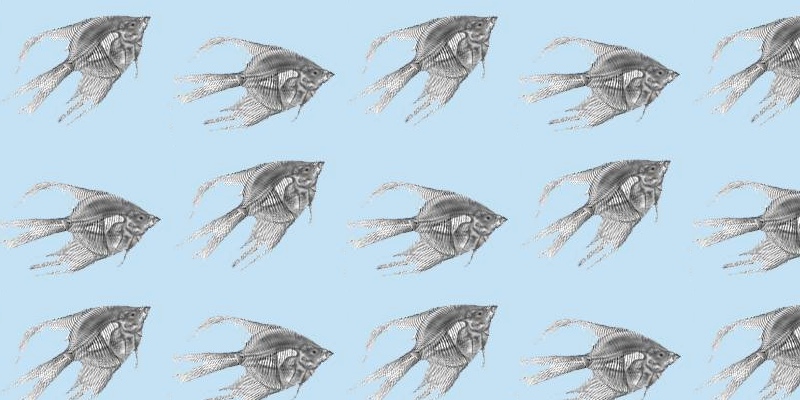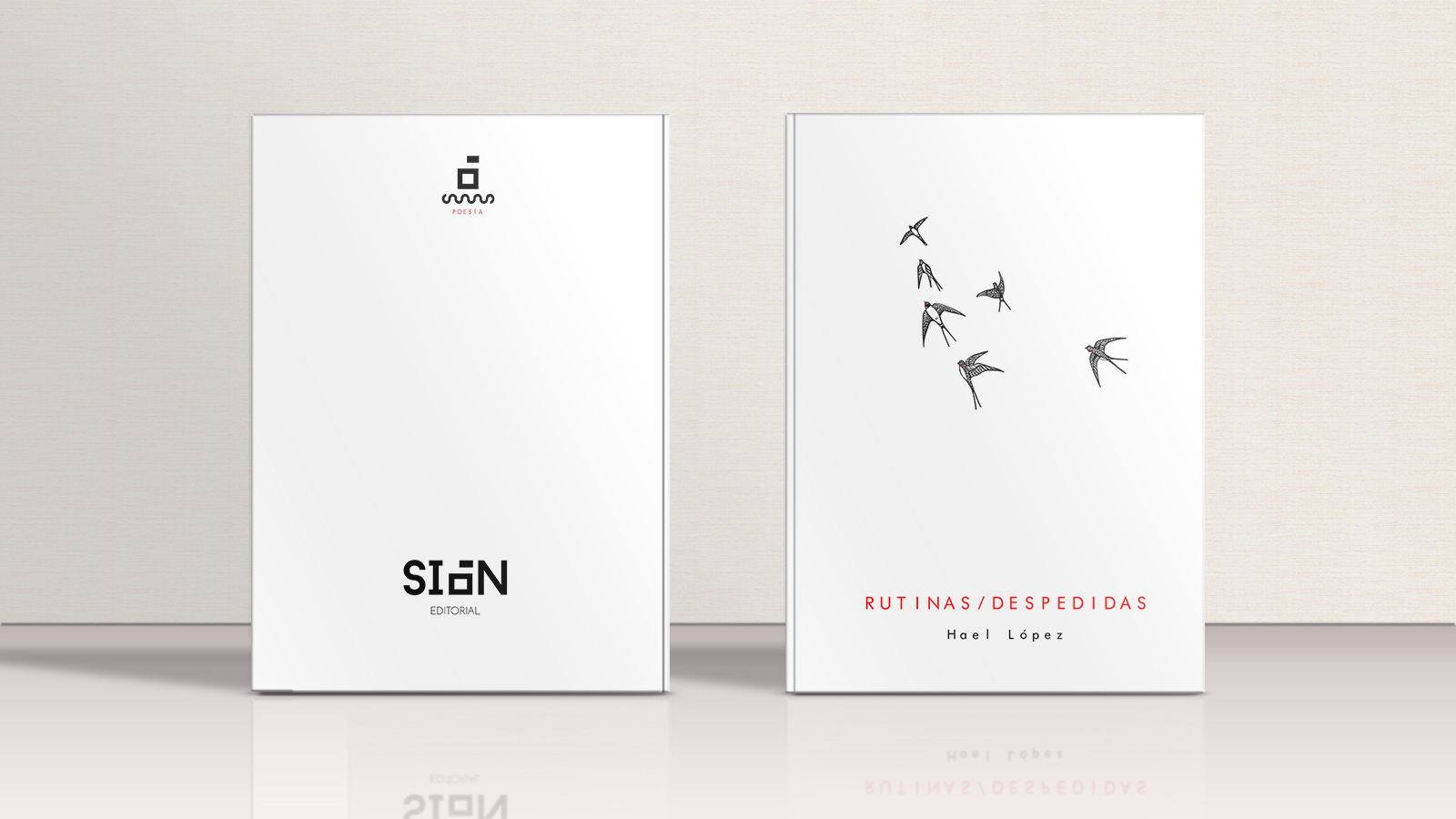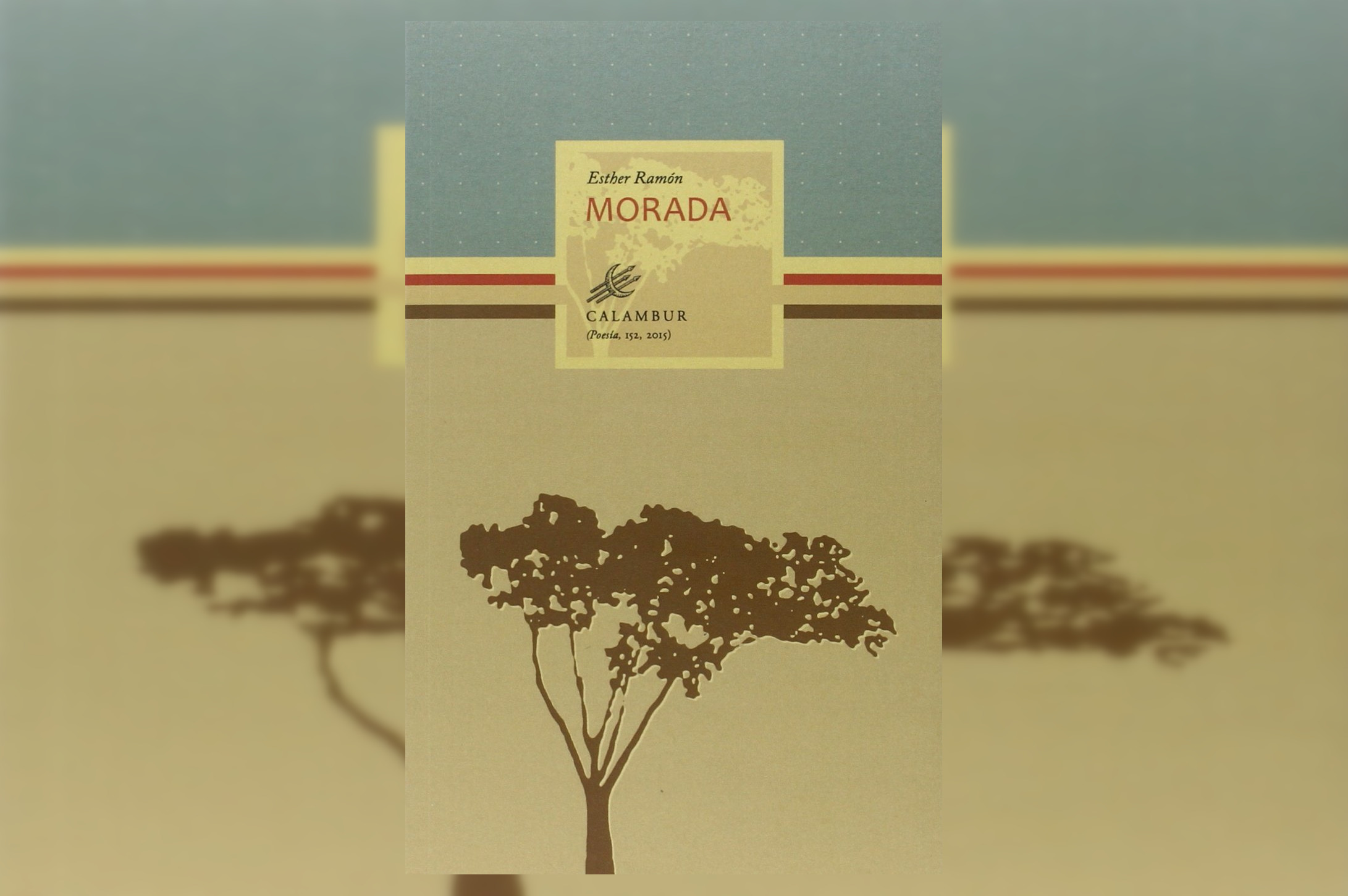The bus stop’s shelter provides poor protection against the wind, which is really biting today. The bus runs only a few times per hour, and I am forced to stand in the little open shelter and wait because the bus stop cannot be seen from the hospital’s main entrance.
At the reception desk a thin lady with heavy eye makeup and a pointy, red-lipsticked mouth told me that the hospital department in which I am to visit Solvej lay several kilometers away. It would take three quarters of an hour to walk. In any case when it was this windy and there was this much snow.
The previous day, Solvej had sent me a text message saying that she had been hospitalized.
For emergency treatment.
She did not say exactly why, but I had an unpleasant feeling.
When the bus arrives, I open my backpack and get hold of my wallet, which lies next to the bouquet of yellow tulips I have bought for Solvej and laid in a green plastic bag from Super Best. When I was standing in the flower department and was about to pay, I thought about buying a card that I could put with the tulips, but the cards in the rack next to the cash register seemed a little too colorful and I was afraid that they would seem inappropriate.
I did not know what I should write on a card for Solvej, either.
So I got just the tulips.
I actually did not know Solvej especially well. We had studied psychology together at the University of Copenhagen for two years and had written a paper on narrative psychology together. We had sat next to each other in class sometimes and eaten lunch together in the cafeteria sometimes. And the few times Solvej had gone to the Friday evening bar, she had asked me whether I wanted to go with her.
When we were writing our paper together, we met in her apartment; she lived in a little apartment in Sydhavnen, in an apartment building containing KAB public-housing rental apartments.
She had no boyfriend, no plants, no animals, and no pictures on the walls in the living room. If she had any at all, I would think that they would have been posters in removable frames, cheap reproductions of the great masters: Van Gogh, Dali, Picasso.
I hope she would not have had Monet’s water lilies; that would have been almost unbearable.
The first time I visited her, I happened to ask whether she had just moved in. The apartment seemed so empty and uninhabited and quiet. Sad, I think now. Bereft of life.
But it turned out that she had lived there for four years.
After she finished with the gymnasium and before she started at the university, she worked for a few years. In a Fakta store on Mozarts Plads. I am surprised she sent me that text message. I do not think we know each other especially well. I have never thought of my relationship with her as a friendship; actually I think of her more as a peripheral acquaintance than a friend.
But when I read that text message from Solvej on my cell phone it occurred to me that in reality I might be the only person from the university to whom she talks.
I had not thought about that before, and it was not an especially pleasant thought.
Suddenly I felt obliged to visit her despite the fact that I did not at all feel like doing so.
The bus is completely empty except for the bus driver and myself.
This is obviously a lonely route; not many people are going this way.
The lady at the reception desk told me that the department in which Solvej was being treated was located furthest out by the main road where the bus stopped. One could not miss the hospital building; it was big and gray and surrounded by parking lots. The lady told me that I should get off when the bus had passed though the tunnel under the freeway.
The hospital building lay on the other side of the freeway between an Islamic cemetery and a home for handicapped people and a halfway house for young criminals. But the two residences were yellow brick buildings, while the hospital was built of concrete.
“You can’t miss it,” the heavily made-up lady assured me.
It sounded so absurd, or maybe just so terribly Danish, that I unintentionally laughed. In the capital city: a tidy, polished surface; modern architecture that cost millions. In the provinces, far out on the peripheries: the criminals, the handicapped, the foreigners, the mentally ill.
Pushed together. Magazined at the edge of the society. At a safe distance from everything.
I choose the seat at the very front of the bus, next to the driver, who is sitting with his back bent, with both hands on the wheel, staring straight ahead apathetically.
The bus smells vaguely of pot—most likely it is the driver who has smoked a joint before I got on because he would otherwise be bored to death on this route.
The roads are long and completely straight; there are no oncoming cars, no pedestrians or bicyclists. Everything is flat and appears empty of life.
When I try to start a conversation with the driver about the striking straight roads, he does not answer at first. When I have begun to wonder whether he has even heard what I have said, he suddenly says that it was the Germans who built the roads, during the occupation.
That the roads functioned as landing strips for the German planes.
“Aha,” I say.
Then there is silence again.
I sit and look out at the large snowflakes that are falling against the windshield, I think about the bachelor’s thesis I am starting to take notes for, and I think about Solvej. Think about what I will say to her when I see her.
About how much or little I should ask about her hospitalization.
I should know this now, in our fifth semester; it should not be awkward for me.
Nevertheless, I can feel a kind of unease or restlessness.
When the bus stops in front of the hospital, I feel most like staying in my seat and riding on. Going home to work on my paper—I suddenly have absolutely no desire to get off. But I do so, reluctantly, dutifully. Get off and stand in the snow and watch the bus disappear down the long straight road. I stand at the bus stop and look over at the hospital from the opposite side of the road. On both sides of the large gray building I can indeed see clusters of yellow brick buildings that must be the residential facilities the lady at the reception desk mentioned.
It strikes me that I have never before been to a facility of this type. And that I have prejudices. Or at least preconceptions. Endless white-painted corridors with linoleum floors. Women in gowns, men with square glasses. People in bathrobes. With tangled hair. Slippers. Pervasive silence, occasionally interrupted by sobbing or screaming.
It occurs to me that I could end up working in a place like this myself one day, and this is suddenly difficult for me to relate to.
Solvej wrote that it was an open facility. The people being treated there must, then, not be among the most seriously afflicted. After all, it is not a locked facility I am to visit. But still. I take a step, one foot in front of the other—that is how simply I have to think. That kind of sickness isn’t contagious, damn it—there are only people in there, sick people, like in an ordinary hospital. The difference can’t be that great.
While I walk, I see a film clip in front of my eyes the entire time.
The clip in which Jack Nicholson is strapped to a bed and has a bite guard put in his mouth and electrodes attached to his head. When the doctors turn the current on, he tenses all of his muscles and his face turns dark red within a few seconds. It looks very real when he simulates the cramps. It seems very credible.
I am freezing. And I really don’t want to go into the hospital. Instead of heading over to the main entrance, I walk around a little among the cars in the parking lot and take a look at it. It is big, and the dark concrete makes it resemble a prison. It consists of barracks that are connected via a long narrow building that must be a corridor. There is a narrow asphalt walkway, a fire escape route, that goes all the way around the hospital. I decide to walk along it a little and get some fresh air before I go in.
On the opposite side of the main entrance, on the north side of the hospital, a cage that resembles a dog run has been built; secured to the wall of the hospital, it consists of heavy, dense fencing through which one would not even be able to stick one’s hand. And there is fencing everywhere, even on top of the cage, which must be three meters high; it is impossible to get out of.
Inside, behind the fencing, there are two young men. One of them is bald; he has his hands in his pockets. The other has a red cap on; he is talking while he smokes. The bald one nods and kicks a little snowdrift; the other one laughs.
They do not notice me when I pass the cage.
At one point, continuing along the path, I discover a kind of conservatory with large unbarred panoramic windows. I stop near a hedge and look in.
There is a large oval coffee table on which there are coffee pots and bowls of candy and fruit. Woven Christmas hearts hang in the windows; the Christmas decorations are attached with Scotch tape. A large television set is flickering. People are sitting around the table in armchairs and talking or looking at the television set or knitting or playing cards. It looks very ordinary. Cozy, almost. Solvej is sitting in one of the chairs in the pink jogging suit I once saw her running in when I was going for a walk along the Lakes with a guy. She did not see that it was me—I was wearing sunglasses—and I did not say hello when she ran past. Her long blond hair is in a ponytail; she has color in her cheeks; it occurs to me that she is actually pretty.
For a moment I want to go over and knock on the window.
Be in there where it is warm instead of standing out here in the cold.
Then I turn around and walk back along the fire escape path, past the cage, which is now empty.
I walk past the parking lot without looking back at the hospital.
I leave.
When I cut diagonally across the road, on my way to the bus stop, I almost step on something lying on the road—a large stone, it must be. Or a frozen dead bird. But I do not look to see. I go into the little shelter at the bus stop, throw the tulips in the trash can, light a cigarette.
Tonight I may send Solvej a text message saying that it has snowed so much in the whole capital region that many buses and trains have not been running.
But that I will try to come out another day.
__
Julia Butschkow is a graduate of the Danish school of authors, Forfatterskolen, and the author of a number of published works of fiction, including three novels, Lunatia (2004), Apropos Opa (2009), and Aber dabei (2013); a volume of poems, Lykkekomplex (1997); two plays, Spor af liv (2000) and Sidespor (2001); and a volume of short stories, Der er ingen bjerge i Danmark (“There Are No Mountains in Denmark”), in which “Det ser meget almindeligt ud” (“It Looks Very Ordinary”) appears. She has also written a commissioned short story for the National Gallery of Denmark, “Requiem” (2011). Among other distinctions, Butschkow has received the Danish Arts Foundation’s three-year working grant (2005) and the Rosinante & Co honor grant (2007).
A former Fulbright Graduate Fellow, Peter Sean Woltemade holds a Ph.D. in medieval German literature from the University of California at Berkeley. He is a Pushcart Prize nominee whose work has appeared or is forthcoming in Storm Cellar, The Brooklyn Rail, The Cossack Review, and The Missing Slate. His published or forthcoming book translations include Jens Gunni Busck’s Christian IV (Gads Forlag), Peter Kristiansen’s Power, Splendour, and Diamonds (Gads Forlag), Stefanie Ross’s Nemesis (AmazonCrossing), and Kurt Jacobsen’s Haldor Topsøe: The Company and the World (Gads Forlag). He lives in Copenhagen.




